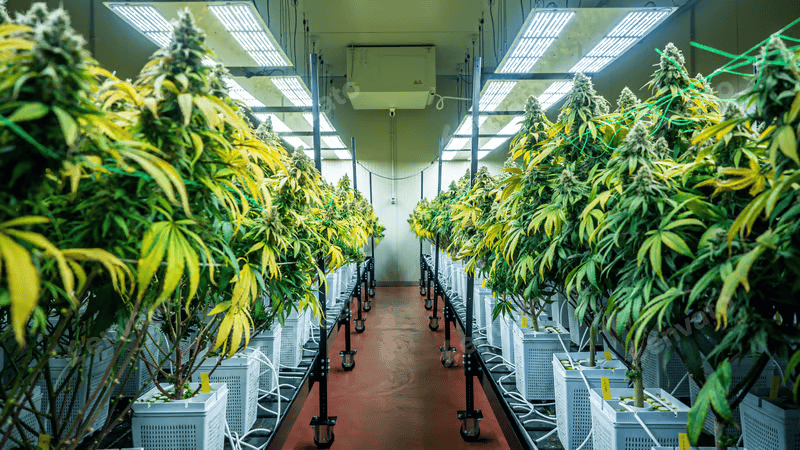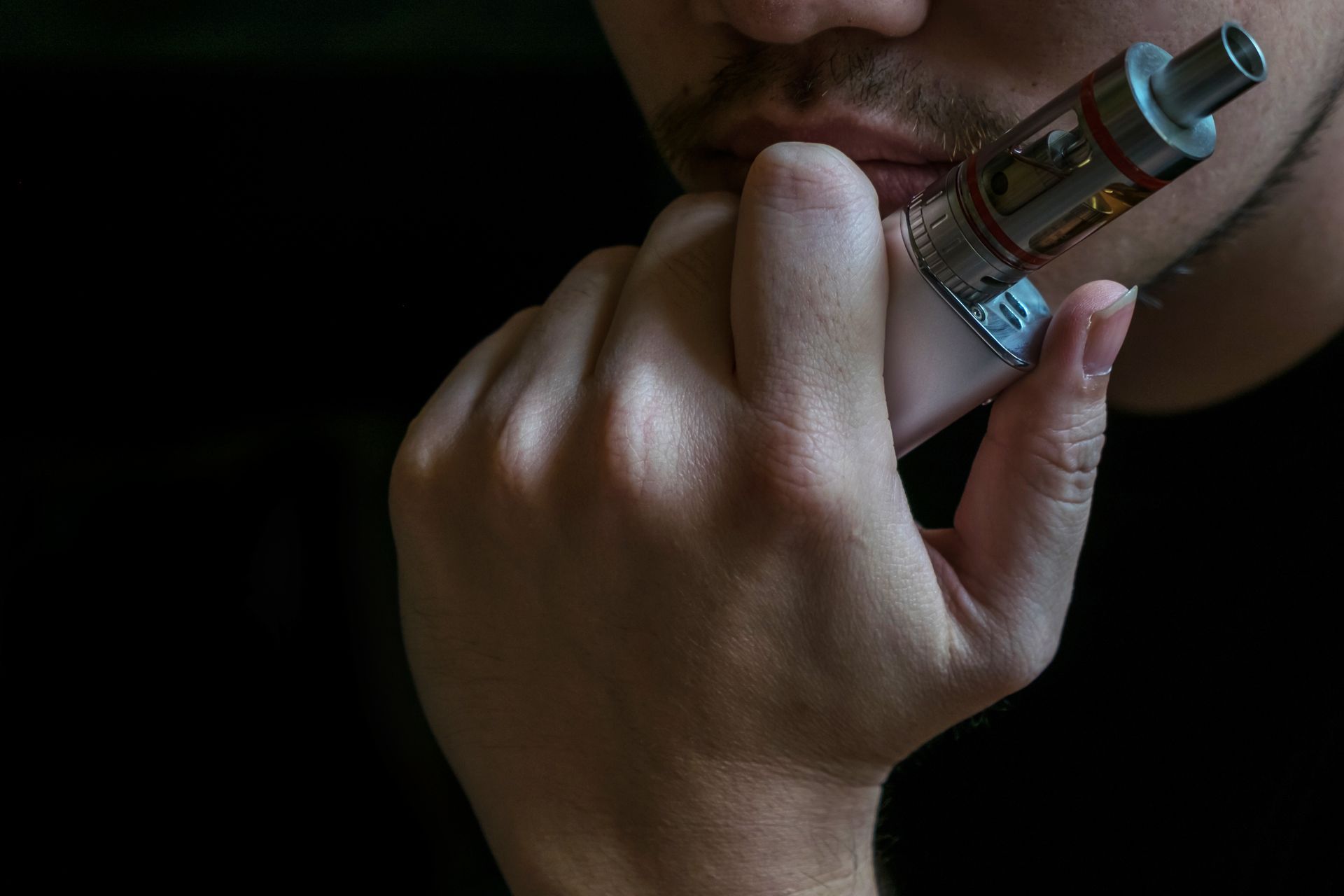THCA vs Delta 9: Potency, Conversion, and Key Differences Explained
When it comes to cannabis, few comparisons spark as much interest as THCA vs Delta 9. These two compounds are very related, but provide completely different experiences. One exists quietly in raw flower, waiting to be awakened, whereas the other is the well-known star of the psychoactive "high."
Understanding the difference can help recreational explorers choose products that match their vibe, whether they're looking for an energetic, euphoric boost or simply want to learn about the plant in its natural form. Knowing how THCA interacts with Delta 9 may help medical users make decisions about smoke-free options, tinctures, and other ways to consume cannabis.
In this article, we'll go over how THCA changes into Delta 9, their potency, and the significant differences so you may shop with confidence and knowledge at your favorite
Santa Rosa cannabis dispensary.
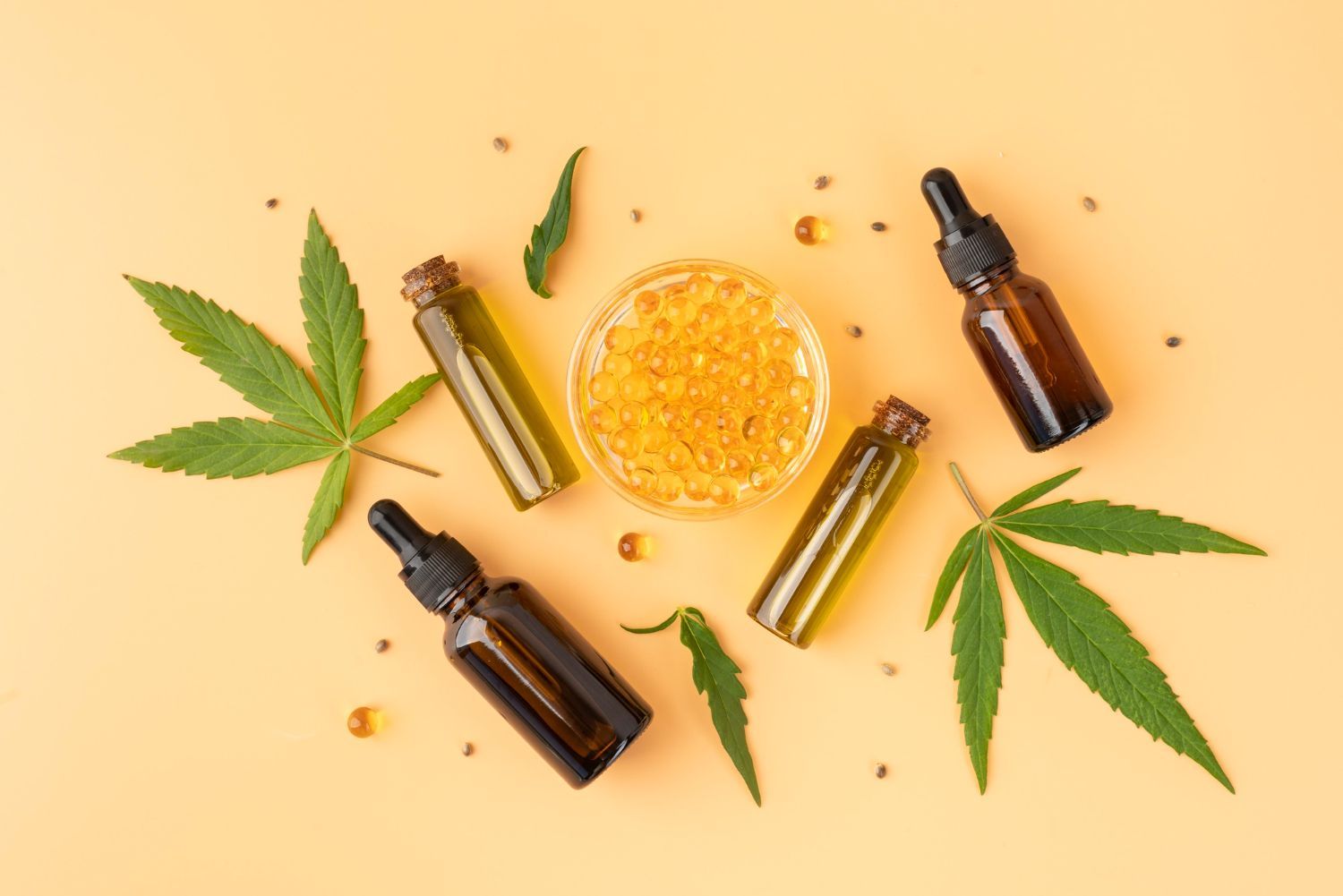
What is THCA?
THCA, or tetrahydrocannabinolic acid, is the raw, non-psychoactive version of THC. It can be found in freshly harvested cannabis that has not been heated. Consider THCA to be the plant's beginning point, full of potential that is unlocked when heated by smoking, vaping, or baking.
Unlike Delta 9 THC, THCA does not generate the conventional "high" on its own. Instead, it is frequently consumed in raw forms like as juicing, pills, or tinctures, where users seek its reported wellness benefits without the psychoactive effects.
For many medical and canna-curious users, THCA provides an opportunity to explore the plant's potential while staying focused and grounded.
What is Delta 9 THC?
Delta 9 THC, also known as delta-9-tetrahydrocannabinol, is the most well-known cannabinoid in cannabis and is most closely associated with the typical cannabis "high." Delta 9 is the chemical responsible for the euphoria, relaxation, and changed perception you experience when you smoke a joint, consume an edible, or vape a cartridge.
Effects of Delta 9 go beyond recreational use; many people use it to relieve stress, stimulate creativity, or unwind after a long day. Depending on the strain and dosage, Delta 9 can be uplifting, soothing, or a combination of the two.
THCA vs Delta 9: Key Differences Explained
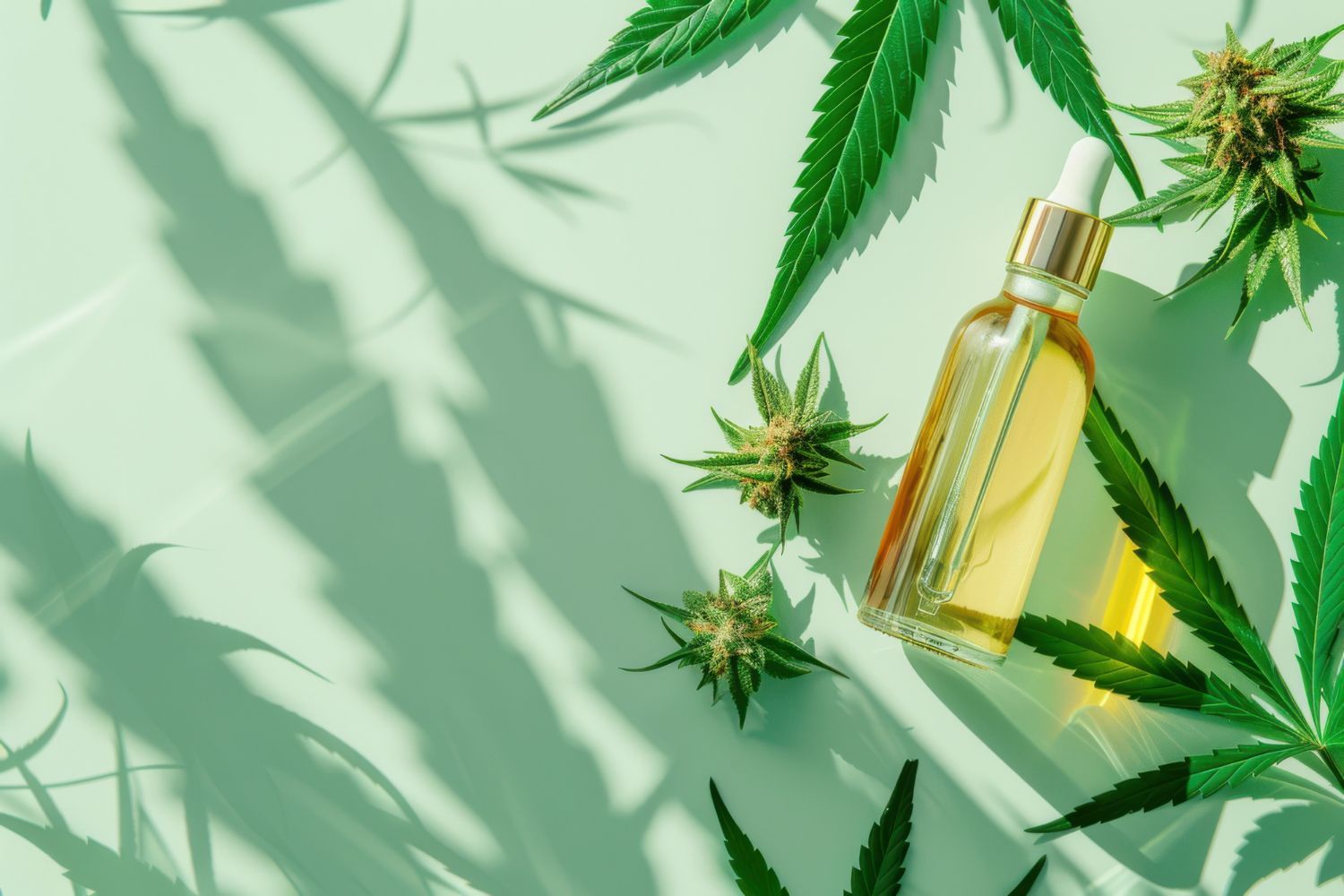
When it comes to cannabinoids, the difference between THCA and Delta 9 is similar to comparing a spark ready to ignite with the flame itself. Although they are both derived from the same plant, they have vastly different effects on the body.
- Chemical Structure: THCA and Delta 9 have similar chemical compositions, but THCA has an additional carboxyl group. This little detail prevents THCA from becoming psychoactive until it is removed by heat through a process known as decarboxylation.
- Psychoactivity: THCA is non-psychoactive in its raw form, which means it will not make you high. Delta 9, on the other hand, is the driving force behind cannabis' euphoric and mood-shifting effects cannabis is famous for.
- Forms Of Consumption: THCA is often consumed in raw forms such as juicing, pills, or tinctures, particularly by individuals who want to avoid intoxication. Delta 9 is consumed through smoking, vaping, edibles, or infused goods, all of which activate the compound with heat.
- Effects On The Body: Many users report that THCA has potential relaxing and balancing benefits that do not affect perception, but Delta 9 is all about the head and body high that improves music, food, laughter, and relaxation.
Together, they show how the same plant may provide two quite distinct experiences depending on how it is prepared and consumed.
THCA vs Delta 9: Comparing Potency and Effects
When it comes to cannabis, potency is more than just strength; it's also about the type of experience you want to have. THCA and Delta 9 play different roles in structuring that experience.
- THCA Effects: In its raw form, THCA is not psychoactive, which means it does not provide a "high." Instead, many people seek it out for its potential benefits, which include relaxing, balancing, and supportive effects. Because it does not change perception, THCA appeals to those who choose to use cannabis in a gentler or wellness-oriented way.
- Delta 9 Effects: Delta 9 THC is well-known for its psychotropic properties. Depending on the strain and dosage, the cannabinoid provides pleasure, laughter, creative thinking, or a deep feeling of relaxation. Many people associate Delta 9 with increased hunger and heightened sensory experiences.
Understanding the differences between clear-headed, non-intoxicating options and conventional euphoric experiences helps you to choose products that fit your mood and lifestyle.
THCA vs Delta 9: Which One is Right for You?
Choosing between THCA and Delta 9 depends on what you want out of your cannabis experience.
- For Recreational Users: Delta 9 is a popular choice among recreational users due to its traditional euphoric effects. If you're seeking for euphoria, creative sparks, or a way to relax and laugh with friends, Delta 9 products such as flower, carts, or edibles can be a good choice.
- For Wellness-Focused Users: THCA is gaining popularity among people looking to try cannabis without becoming intoxicated. Consuming it raw, in tinctures, or in capsules may provide a way to reap the plant's potential benefits while staying alert.
- Other factors to consider: Your tolerance, consumption method, and goals all shape the decision. Some enjoy the ritual of smoking or vaping, while others prefer tinctures or edibles. THCA can feel like a gentler option for beginners or daytime use, while Delta 9 often appeals to those seeking a stronger shift in mood, creativity, or relaxation.
If you're new to cannabis or want to stay focused, starting with THCA products may be a safer option. If you're more experienced or looking for a noticeable change in mood and perception, Delta 9 might be the way for you.
Conclusion: Understanding THCA vs Delta 9
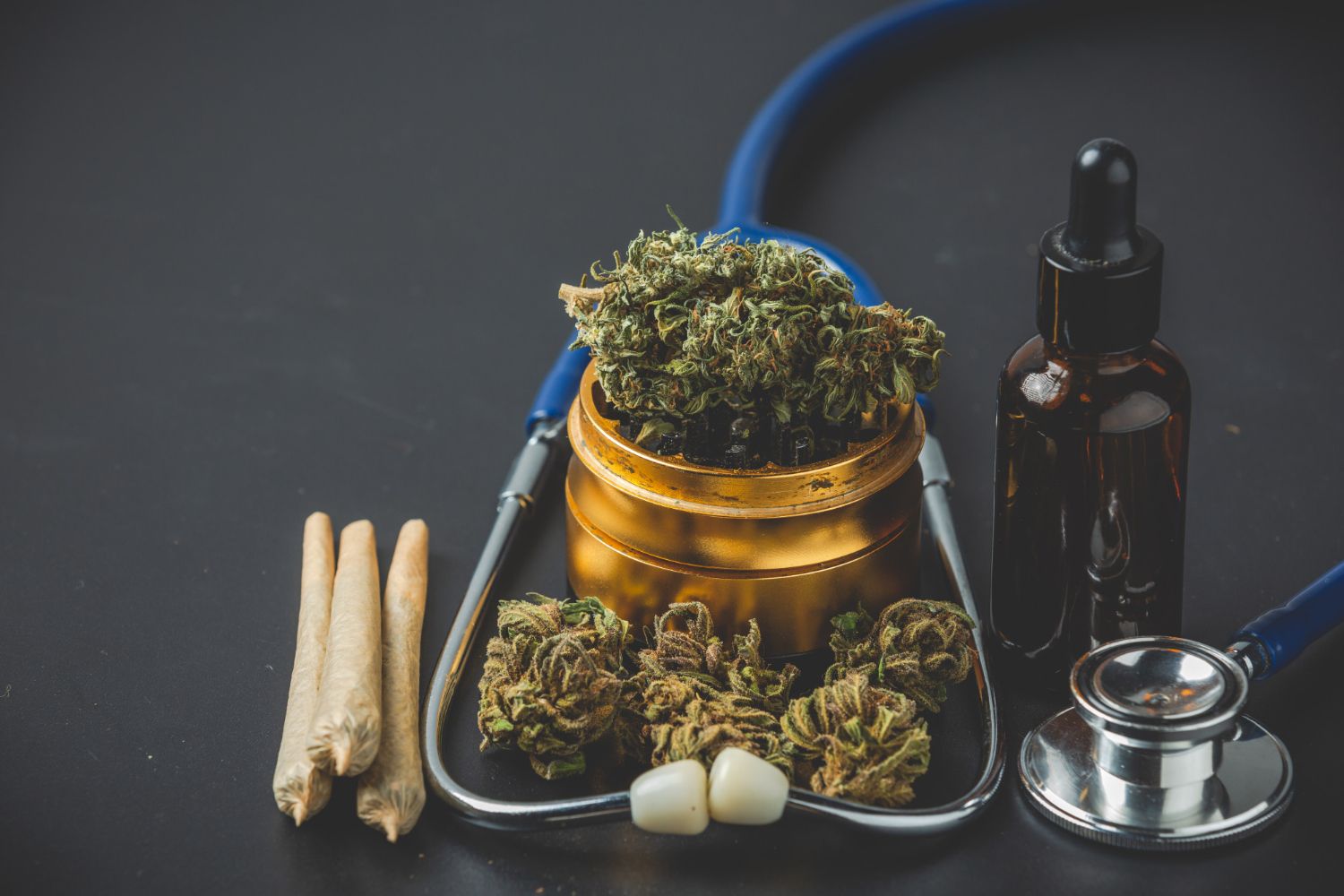
The journey of THCA vs Delta 9 shows how dynamic the cannabis plant can be. THCA originates as a non-psychoactive precursor before undergoing heat decarboxylation to become Delta 9. This simple change differentiates a raw, clear-headed experience from the euphoric effects that cannabis is known for.
Remember that THCA is a milder, non-intoxicating choice, while Delta 9 provides the typical high. Understanding the differences allows you to select the best cannabis product for your mood, goals, and lifestyle.
Whether you want to try smoke-free tinctures, flower, or infused edibles, the key is to do it properly and listen to your body. At Doobie Nights, our goal is to help you feel empowered and informed so every cannabis experience feels like the adventure you’re seeking.
FAQs
Does THCA turn into Delta 9 when smoked?
Yes. When cannabis is smoked, vaped, or baked, the heat causes decarboxylation. This turns THCA, the raw non-psychoactive molecule, into Delta 9 THC, the cannabinoid that causes the typical cannabis high. Without heat, THCA remains in its natural state and does not cause psychotropic effects.
Is THCA stronger than Delta 9?
Not in terms of psychoactive action. THCA is non-psychoactive, hence it does not cause a high unless heated and transformed into Delta 9 THC. Once converted, the potency is determined by the strain, product type, and method of consumption. In short, Delta 9 is considered stronger as it produces the euphoric effects that most people associate with cannabis.
What temperature does THCA convert to Delta 9?
THCA generally converts to Delta 9 THC at temperatures around 220–240°F (104–116°C). This is why heat is such a key part of smoking, vaping, or baking edibles. Applying the right temperature ensures that THCA transforms efficiently into Delta 9, unlocking the psychoactive effects while preserving other cannabinoids and terpenes.



